A dangerous bacterial disease is infecting dogs in northern New Jersey, forcing owners to keep their pets inside.
The dogs came down with leptospirosis, a potentially fatal infection found in at least five dogs in the Paramus borough in northeastern New Jersey so far. NBC reports that two of the five dogs died as a result of the disease.
Benjamin Davidson, of BluePearl Veterinary Partners hospital in Paramus, said that the "unusually warm winter" could have contributed to the spread, since people and their pets spent more time outside. Indeed, the bacteria thrives in tropical climates and those who work outdoors are particularly susceptible.
Speaking about the outbreak in New Jersey, Davison's colleague, Tara Fetzer, told NBC New York that they've "had five or six cases of leptospirosis over the course of the winter, a much higher number than we normally see."
Leptospirosis stems from a spirochetes bacteria called Leptospira interrogans, which is carried by animals—namely rats in New York's most recent cases—but dogs, cattle, and pigs can also contract and carry the disease.
Humans and other mammals can get the illness through water, soil, or food that is contaminated with the bacteria, usually spread through urine from animals like rats and mice. Indeed, leptospirosis is one of the most widespread infections worldwide because it is so easily transmitted in unsanitary conditions.
It's especially dangerous since many animals that are infected with the bacteria don't show symptoms of the illness, and act as intermittent carriers. In Baltimore, where there were instances of people contracting leptospirosis, 19 of 21 trapped rats were acting as carriers of the disease.
Symptoms of leptospirosis are similar in dogs and humans; they include fever, headache, vomiting, jaundice, diarrhea, and abdominal pain. The development of the disease is usually from five to 14 days, but can extend to 30. The illness could lead to kidney damage, meningitis, liver failure, and death if untreated.
Annually, about half of the 100–200 leptospirosis cases in the US occur in Hawaii where people are exposed to Leptospira bacteria through freshwater ponds, waterfalls, streams, and mud.
And the disease is ticking up again. In the United States, the rate of infection increased from 163 to 285 infections per 10 million people between 1999 and 2008.
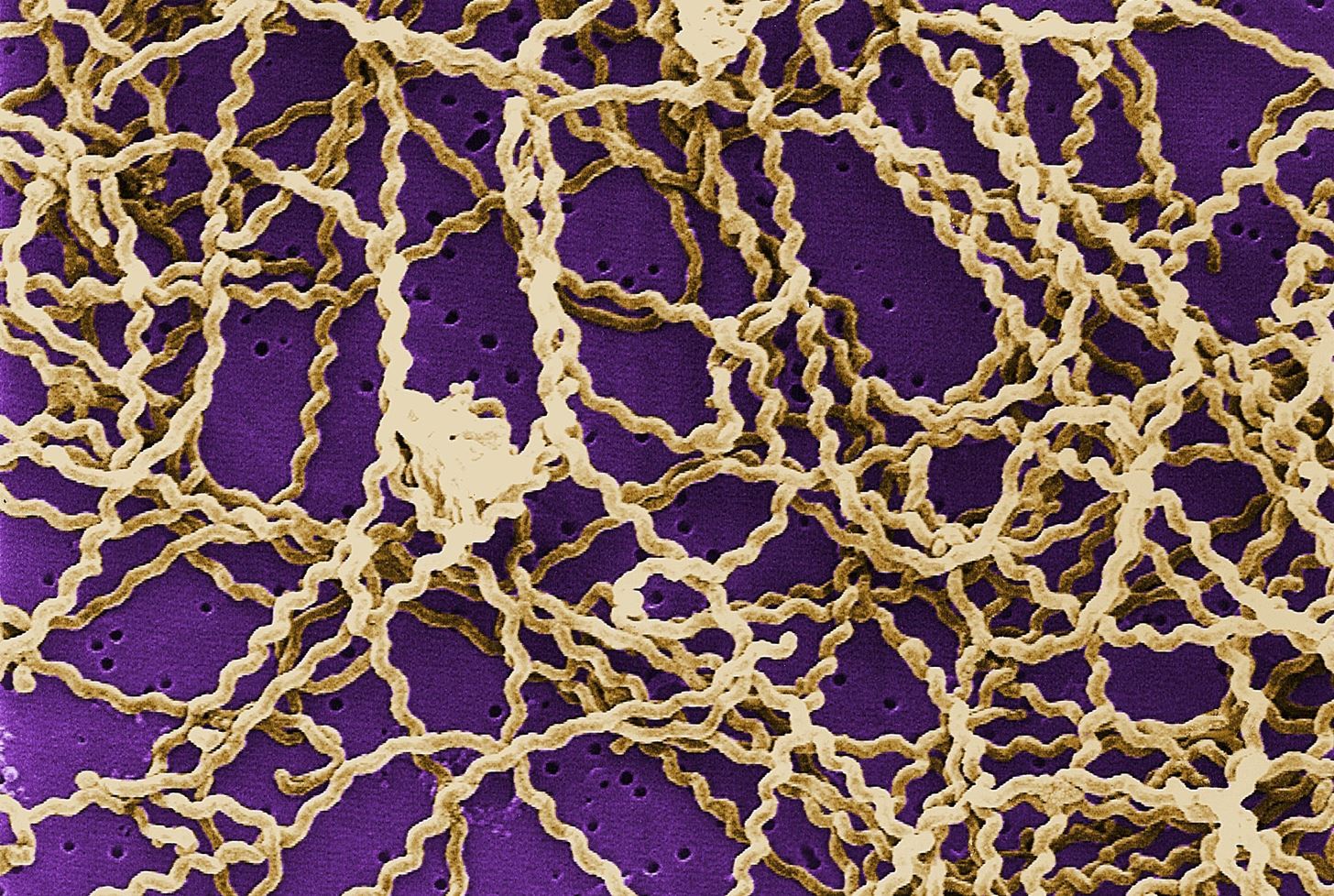
Thankfully, the condition is treatable with antibiotics like doxycycline or penicillin. For pets, dialysis and hydration therapy may be required for severe cases.
The sooner you start the antibiotic treatment, the better the chances for a good outcome. That's why it's important to keep an eye on your dog and get to the veterinarian at the first sign of trouble."
Pets can be vaccinated against the disease but they won't be 100% immune from the multiple strains of the Leptospira bacteria. Davidson of BluePearl Veterinary urged owners to be careful when taking their dog on a walk in muddy, wooded areas, and to prevent their pets from lapping water from puddles.
People are advised not to wade in pools of water themselves lest they be contaminated and wearing protective clothing. The Centers for Disease Control and Prevention encourages owners to wear gloves and boots when coming into contact with an infected pet as well as washing their hands regularly.
Just updated your iPhone? You'll find new emoji, enhanced security, podcast transcripts, Apple Cash virtual numbers, and other useful features. There are even new additions hidden within Safari. Find out what's new and changed on your iPhone with the iOS 17.4 update.





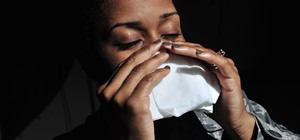
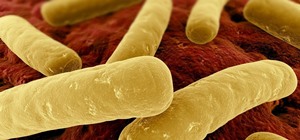


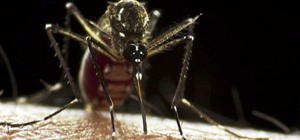
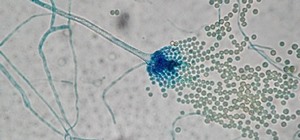






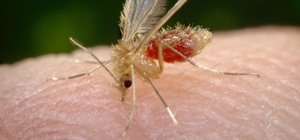
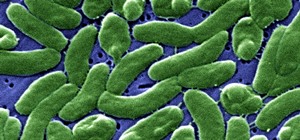



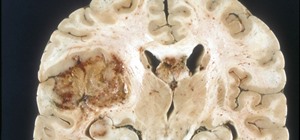
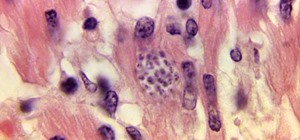
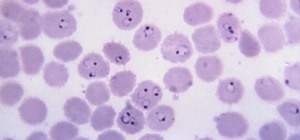
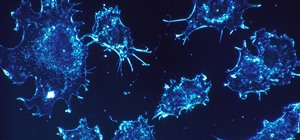

Be the First to Comment
Share Your Thoughts